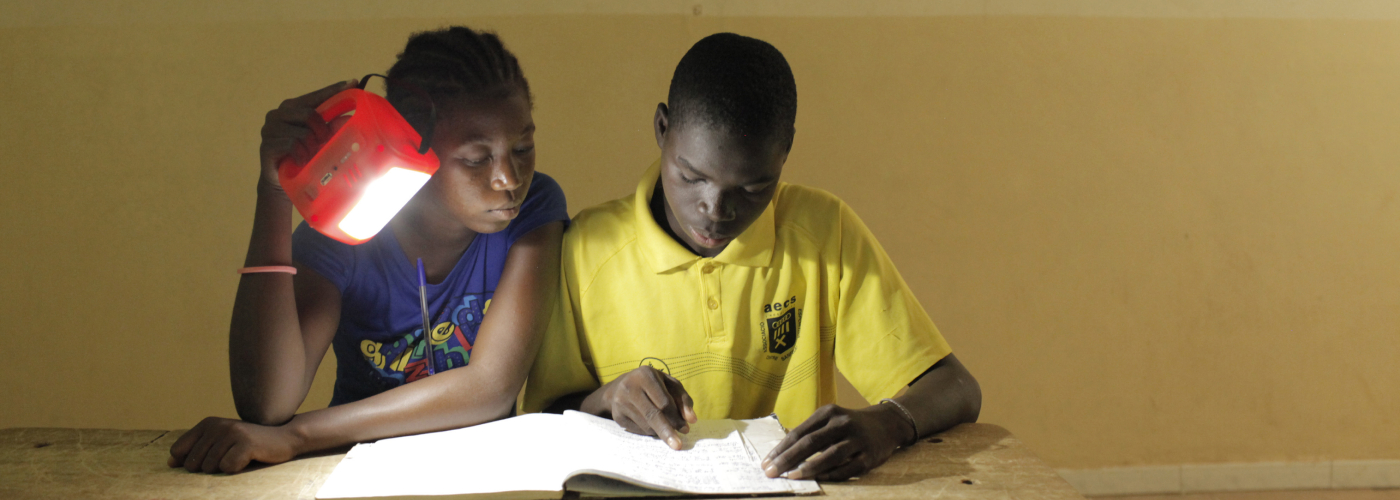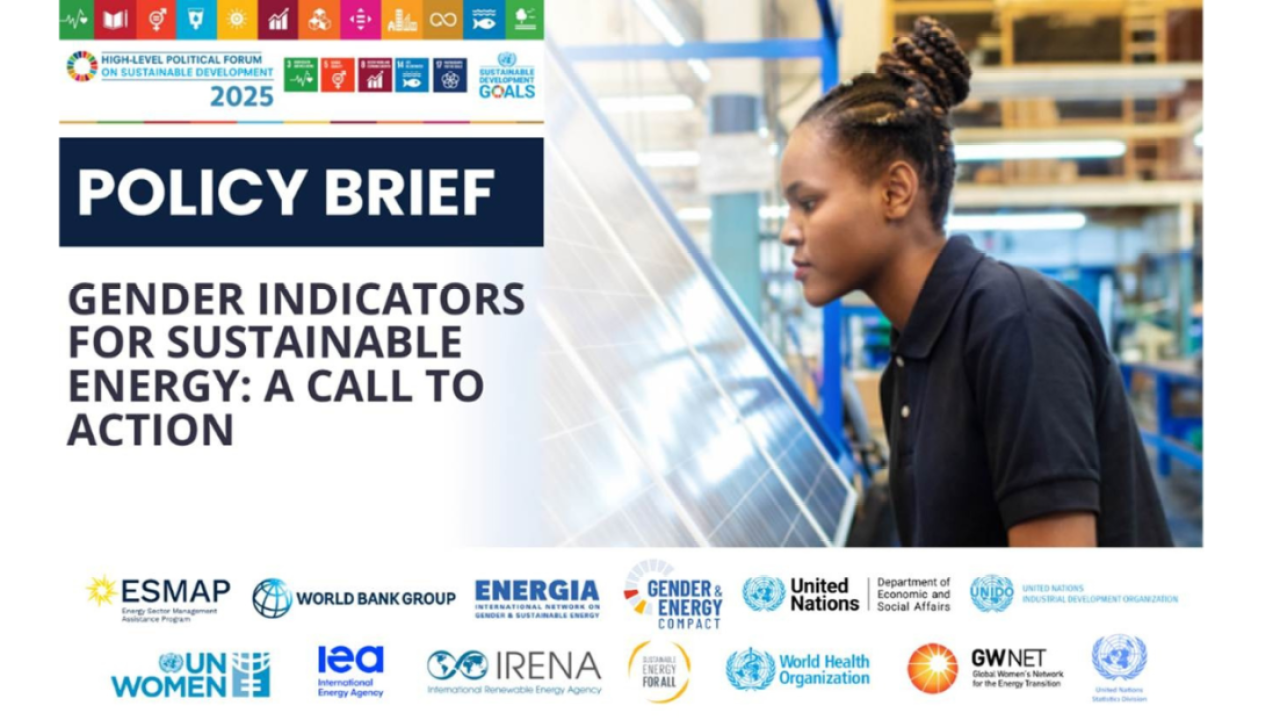This paper asks what approaches to policy research could help make the linkages among gender, energy and poverty more understandable and more convincing to policy makers and practitioners, both in the energy sector itself, and in the gender and development community. It attempts a “re-thinking” of the gender and energy paradigm, by looking both backwards and forwards.
It begins by offering a selective review of approaches to gender in energy research and policy in two areas: biomass energy and labour-saving energy technologies. Chapter 1 attempts to “unpack” key assumptions and concepts about gender in past research and policy on gender and energy in these sub sectors. Then, state-of-the-art conceptual frameworks are explored for relevance to future policy research on gender and energy. In Chapter 2, the sustainable livelihoods framework as adapted to the energy sector is analysed, and its contributions and limitations. In Chapter 3, recent gender analytical approaches are examined: new gender and poverty thinking, and new gender and environment theoretical frameworks, including feminist political ecology. Themes from these frameworks that could be analysed in future case studies on gender and energy are then suggested, together with some possible hypotheses for exploration of gender-energy-development linkages.







